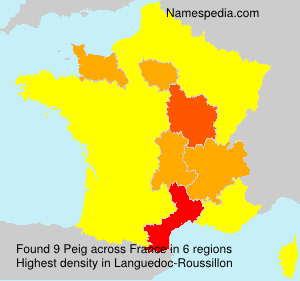


I climbed partway down the cliffs on the island’s north side where the residents would scramble down to pilfer the eggs of the shorebirds that nested there. It felt as though I was walking on a springy mattress.

When I walked on it, it supported my weight. Peig’s home contained a single room in which she spent most of her life.īeyond the village, exposed to the fierce winds off the Atlantic, a thick mat of furze, Irish gorse, and heather, with peat (or bog or turf) beneath much of it covered the rest of the island. It was little more than rocks piled on one another for walls with more rocks to make the roof (I understand it has been made into lodging for a small hostel now). I climbed through the ruins and into Peig’s cottage. The tiny village on the lee of the island lay in ruins and deserted. There is a regular motor ferry now but not then.Īlthough the passage between the islands is no more than a couple of miles wide, it was too stormy and impassable during much of the year for the small traditional rowboats available at the time the island was inhabited, so the residents of Blasket were often marooned and had to live exclusively on what they could glean on the island. I met the ferry-man in the pub that stands on the bluff overlooking the Atlantic Ocean and persuaded him (for a few dollars) to row me there. I ferried there from the mainland in one of those tar-covered little leather boats that used to be common in the western part of the country. Peig was an old woman when approached by a representative of the Irish Folklore Commission and asked to write the story of her life on that forlorn island.Ĥ0 years ago I traveled to Blasket. As far as I know, none of the islanders objected to the relocation. It housed between 100 to 150 souls until in the 1940s the Irish Government in a fit of uncharacteristic responsibility removed the remaining twenty-two of them and resettled them in other parts of the country. The island at the tip of the Dingle Peninsula is bleak and barren. She lived much of her life on Great Blasket Island off the Western Coast of Ireland. Peig Sayers’, Peig, is considered one of the classics of Gaelic literature and perhaps all literature as well. Had I known in advance half, or even one-third, of what the future had in store for me, my heart wouldn’t have been as gay or as courageous it was in the beginning of my days.” I have experienced much ease and much hardship from the day I was born until this very day. “I am an old woman now, with one foot in the grave and the other on its edge.


 0 kommentar(er)
0 kommentar(er)
